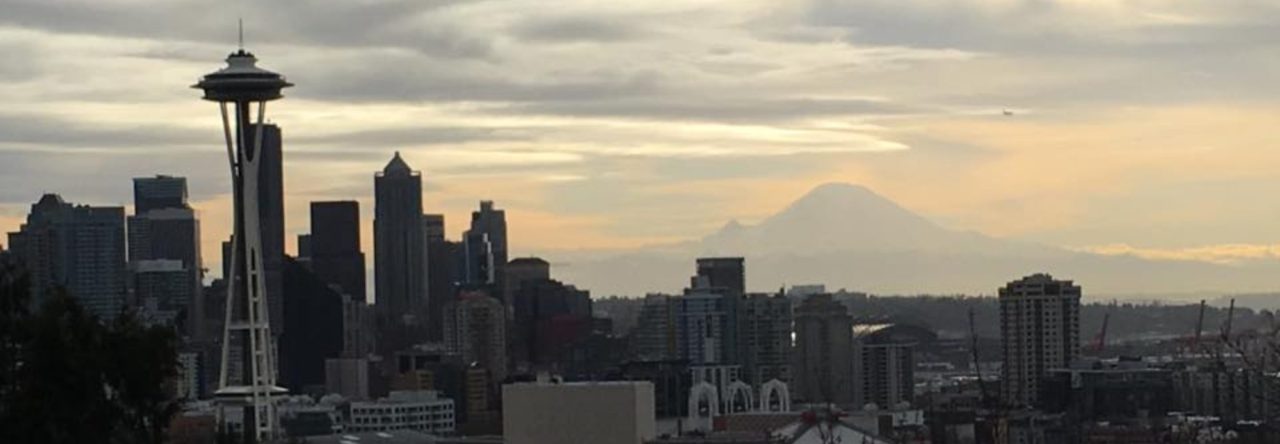While Andrew Sullivan is on vacation this week, he’s turned over his Atlantic Monthly blog to a series of guest writers. Today contained a post by Lane Wallace which really struck me as being tasty thoughtfood:
In the course of the past 20 years, I’ve flown small aircraft on five continents. I’ve been stranded alone on a glacier in shorts and tennis shoes. I’ve found myself in the middle of rapidly destabilizing situations in African countries. And I’ve started two businesses and navigated a career that, more often than not, has lacked a stable paycheck. Do I love all the uncertainty that comes with that? No. But I’ve learned how to survive it, and even embrace the possibilities it offers. (I’ve even written a book on the subject.) Not every lesson translates to surviving uncertainty in everyday life, but a surprising number do. A few big ones:
1. Don’t panic. Self-explanatory. Panic and fear never helped anyone think their way clearly out of a tight spot.
But how do you control panic and fear?
2. Focus on the present. Fear is almost always related to something we’re afraid will or might happen in the future, not what’s actually happening in the present. In the present, we get busy with the business of coping. It’s our fears of amorphous monster threats down the road … realistic or not … that tend to paralyze us. Ask yourself, “Am I okay right now?” If the answer is yes, take a deep breath and relax a little bit. You can figure the rest out as you go.
3. Keep perspective. Ask yourself, “what’s the worst thing that happens here? Does anybody die?” Sometimes, in an adventure setting, the answer to that is yes. But that’s rarely true in everyday life. And keeping that fact in perspective helps ratchet the fear and worry down a notch or two. As long as you’re alive, you can regroup to fight another day.
4. Separate what you can’t control from what you can, and then focus on taking action on those items you can control. In an airplane, I can’t control whether the weather is going to deteriorate or something mechanical is going to break. But I can make sure I at least have enough fuel to look for a second airport, a flashlight in the cockpit in case the electrical system goes out, and a plan of what I’m going to do next if Plan A doesn’t work out.
5. Learn to prioritize what’s essential, and loadshed everything else.
6. Stay flexible. Be open to innovative options that pop up unexpectedly, or aren’t along the path you initially planned to follow. Sometimes those out-of-the-way places you end up diverting to end up way better than your original destination.
7. Remember to look at and enjoy the scenery, even when things get challenging. Few experiences are without any moments of beauty or grace. And these days … “good old” or otherwise … will pass all too quickly. You may have more money or safety down the road, but you’ll never be this young again.
Stranded in an unhappy present with nothing to do but wait? Only if we choose to be.
